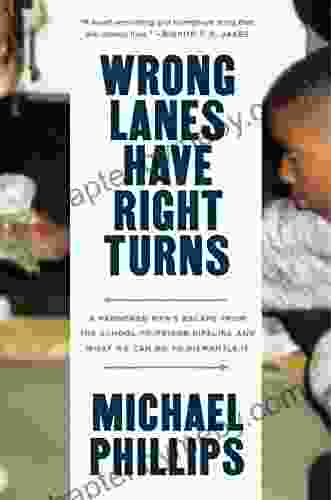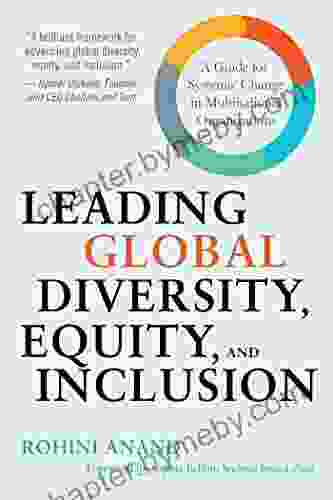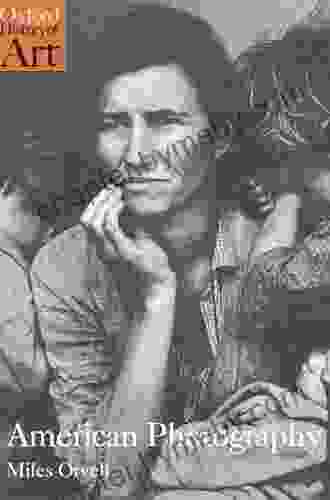The school-to-prison pipeline is a disturbing trend in the United States that has led to the mass incarceration of young people of color. This pipeline begins in schools, where students are often criminalized for minor misbehavior. They are then pushed out of school and into the juvenile justice system, where they face harsh penalties. This system disproportionately affects students of color, who are more likely to be suspended, expelled, and arrested than their white peers.
4.8 out of 5
| Language | : | English |
| File size | : | 4078 KB |
| Text-to-Speech | : | Enabled |
| Screen Reader | : | Supported |
| Enhanced typesetting | : | Enabled |
| X-Ray | : | Enabled |
| Word Wise | : | Enabled |
| Print length | : | 237 pages |
The consequences of the school-to-prison pipeline are devastating. Young people who are incarcerated are more likely to drop out of school, experience unemployment, and commit crimes. They are also more likely to be victims of violence and abuse.
In his book, Pardoned Man, D. Watkins tells the story of his own experience with the school-to-prison pipeline. Watkins was a bright and promising student, but he was repeatedly suspended and expelled from school for minor infractions. He eventually dropped out of school and was arrested for a crime he did not commit. Watkins spent years in prison, where he faced abuse and violence.
After his release from prison, Watkins dedicated his life to fighting the school-to-prison pipeline. He founded the nonprofit organization, The Free Them All Campaign, which works to provide legal assistance to youth who are facing criminal charges. Watkins also speaks out against the school-to-prison pipeline and advocates for reform.
What can we do to fix the school-to-prison pipeline?
There are a number of things we can do to dismantle the school-to-prison pipeline. We need to:
- End the criminalization of minor misbehavior in schools.
- Provide more support for students who are struggling academically and behaviorally.
- Increase funding for education and reduce funding for prisons.
- Invest in community-based programs that provide alternatives to incarceration for young people.
- Reform the juvenile justice system to make it more fair and equitable.
By taking these steps, we can help to break the school-to-prison pipeline and create a more just and equitable society.
The school-to-prison pipeline is a serious problem that has devastating consequences for young people. We need to take action to dismantle this pipeline and create a more just and equitable society.
Pardoned Man is a powerful and inspiring book that shines a light on the school-to-prison pipeline. Watkins' story is a reminder that we must never give up on our young people. We must fight for their right to a fair and equitable education and a chance to succeed in life.


























































































